Best of CES 2014: Intel dominates trade show full of promise
Lenovo X1 Carbon Ultrabook (2014) arrives & Corning unveils anti-microbial Gorilla Glass.
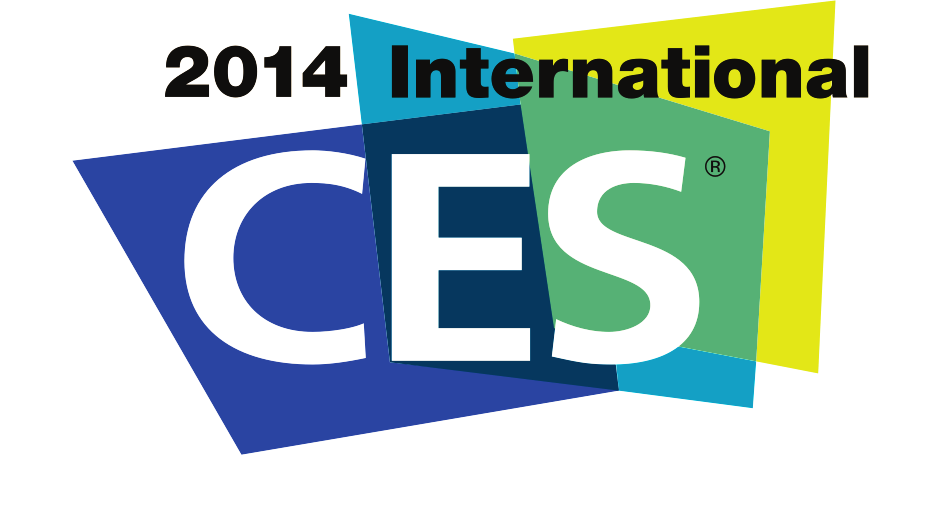
The buzz at CES 2014 was around 4K TVs and wearable tech. But were there any useful, business orientated products on show? We take a look to see if there was any substance to the annual tech bonanza in Las Vegas or if the glitz masked a lull in the tech world.
Intel puts Edison in the spotlight
Intel showed off a range of reference designs including a Bluetooth headset assistant known as Jarvis and plans to start integrating 3D cameras into products such as Ultrabooks at the end of the year.
Arguably the most impressive piece of tech to come out of the Santa Clara-based chipmaker was Edison', the PC the size of an SD card. Intel missed the boat on the smartphone market - and the firm is keen not to fall further behind chip designer ARM, which has become the defacto design manufacturers are using within low-powered computers.
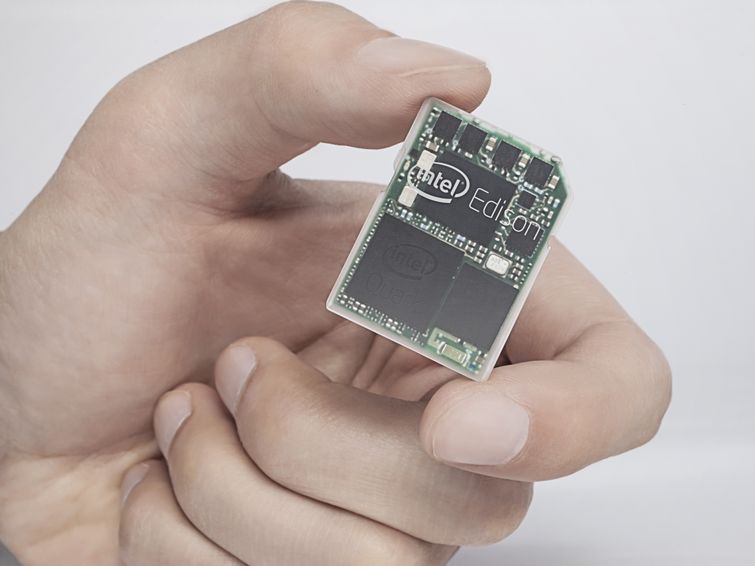
With the ability to run the full Linux operating system and support Wi-Fi and Bluetooth connectivity, there are a raft of potential commercial use cases for Edison. Intel demonstrated how the chip was able to monitor vital signs when embedded into baby clothing and a coffee cup. Keen to get developers on board, the firm's "Make it Wearable" competition is offering up prize money totalling $1.3 million for the best applications of Edison.
The mid-2014 release date is a way off and pricing is going to be crucial if it is to fulfil its promise. We're not expecting it to be as low-cost as the 30 Raspberry Pi, but if Intel is serious about challenging ARM in the wearable tech market, it's going to have to price it aggressively.
The end of an era
Get the ITPro daily newsletter
Sign up today and you will receive a free copy of our Future Focus 2025 report - the leading guidance on AI, cybersecurity and other IT challenges as per 700+ senior executives
On a side note, CES marked the demise of the McAfee brand name. Intel announced that it would be rebranding its security software products as Intel Security', a move which was inevitable since the acquisition in 2010.
Although the eccentric founder John McAfee claimed Intel has done him a favour by disassociating his name with the "world's worst piece of software", we bet he'll secretly miss being attached to the product he founded.
Toughpad sets the standard for tablets
Tablets continue to be one of the fastest growing pieces of hardware, and vendors including Asus and Samsung announced a raft of products.
However, it was Panasonic which caught our eye. Its 7in ruggidised Toughpad tablet runs Windows 8.1, and its fully customisable nature means users are able to add in everything from a Barcode Reader, to NFC connectivity and battery hot swapping capabilities.
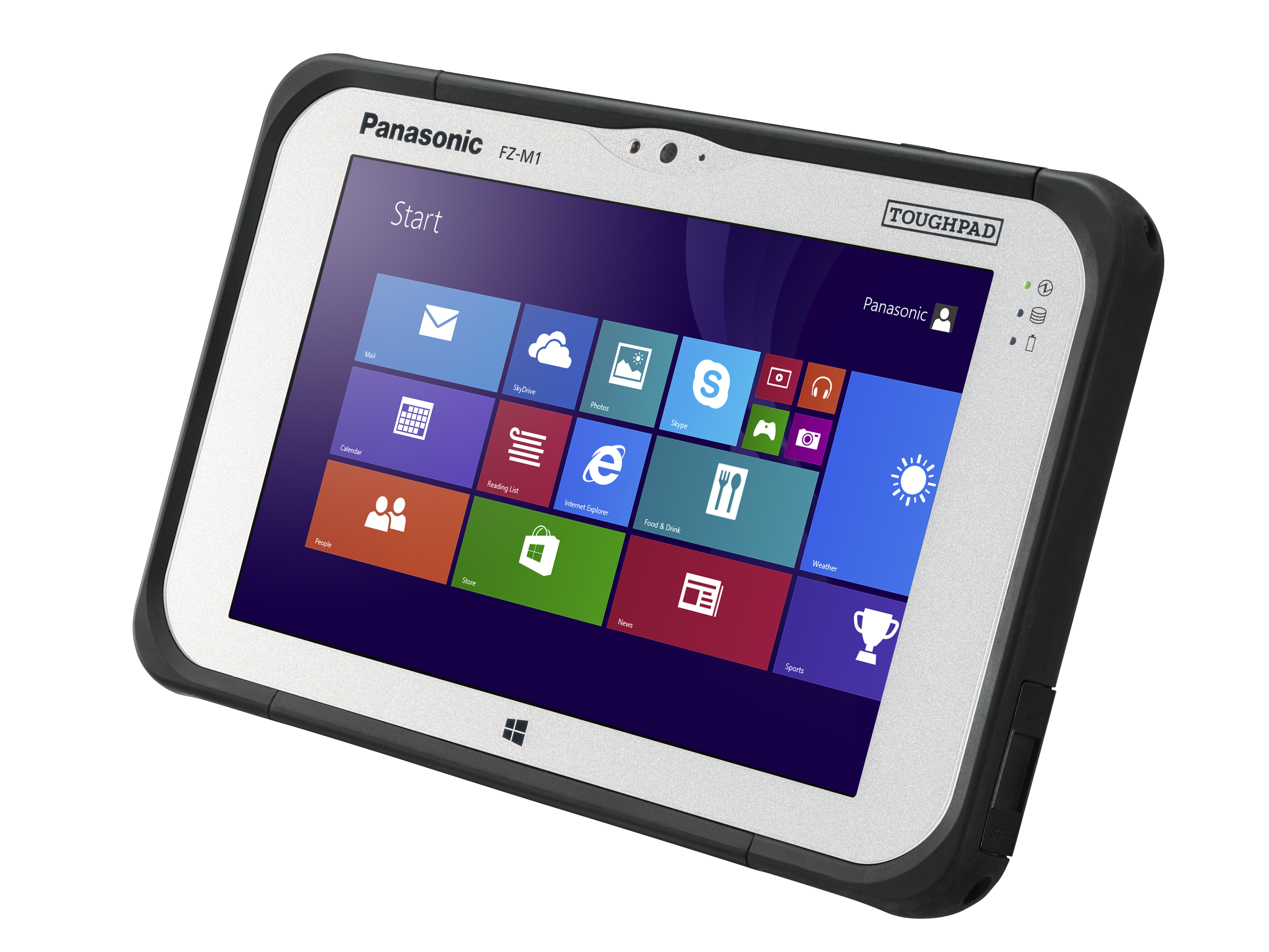
Panasonic has also managed to squeeze in pure processing power into the device. The Toughpad comes with an Intel Core i5 vPro chip - giving it capabilities you'd associate with a larger Ultrabook. Launching in February, it's not going to be cheap, with prices starting at 1,183. But this could be the ultimate travel device for those working in the logistics, medical, construction and transportation industries.
-
 Bigger salaries, more burnout: Is the CISO role in crisis?
Bigger salaries, more burnout: Is the CISO role in crisis?In-depth CISOs are more stressed than ever before – but why is this and what can be done?
By Kate O'Flaherty Published
-
 Cheap cyber crime kits can be bought on the dark web for less than $25
Cheap cyber crime kits can be bought on the dark web for less than $25News Research from NordVPN shows phishing kits are now widely available on the dark web and via messaging apps like Telegram, and are often selling for less than $25.
By Emma Woollacott Published
-
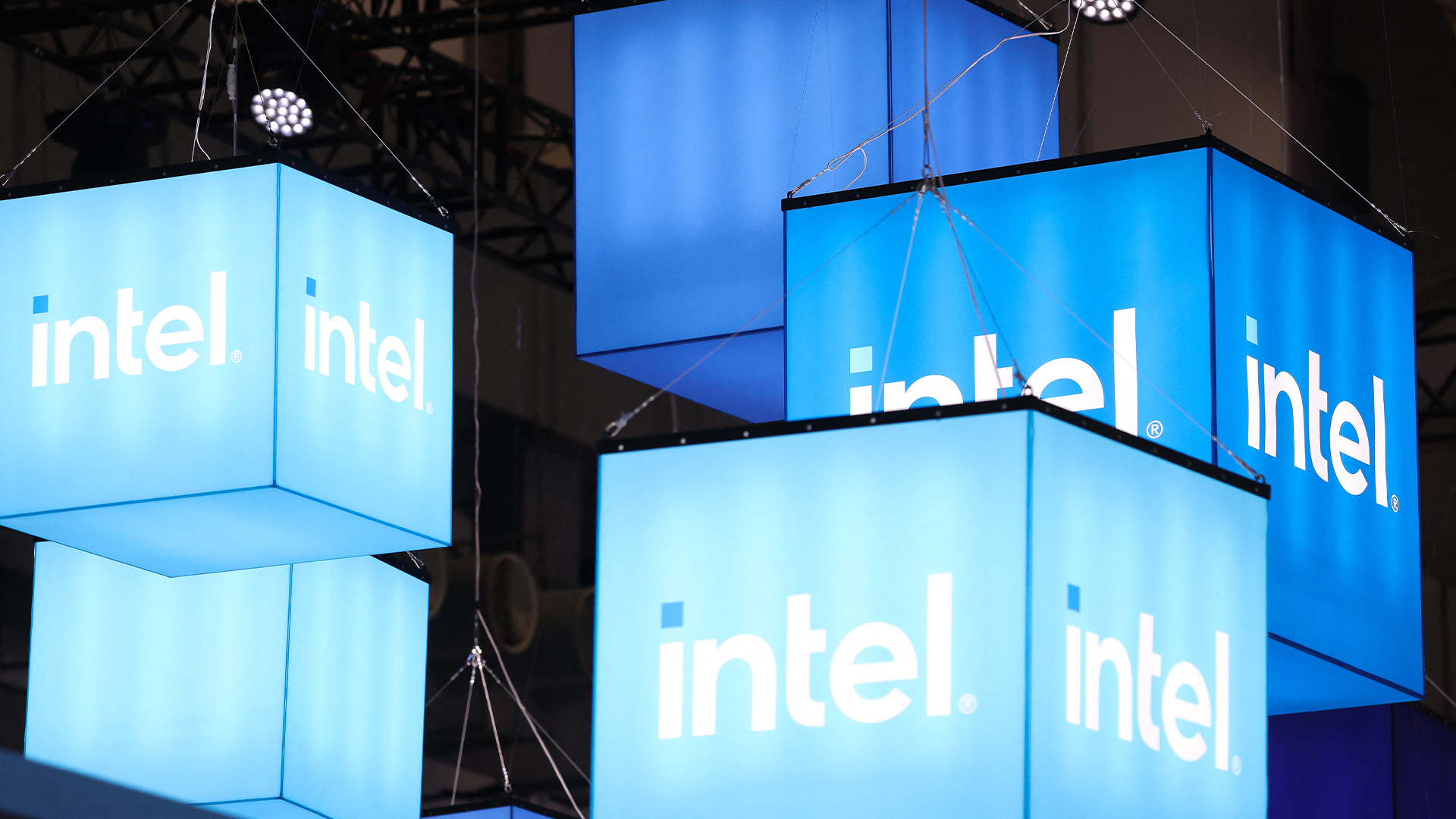 The gloves are off at Intel as new CEO plots major strategy shift
The gloves are off at Intel as new CEO plots major strategy shiftNews Intel’s incoming CEO has some big plans for the firm’s business strategy, sources familiar with the matter have told Reuters, with more job cuts looming on the horizon.
By George Fitzmaurice Published
-
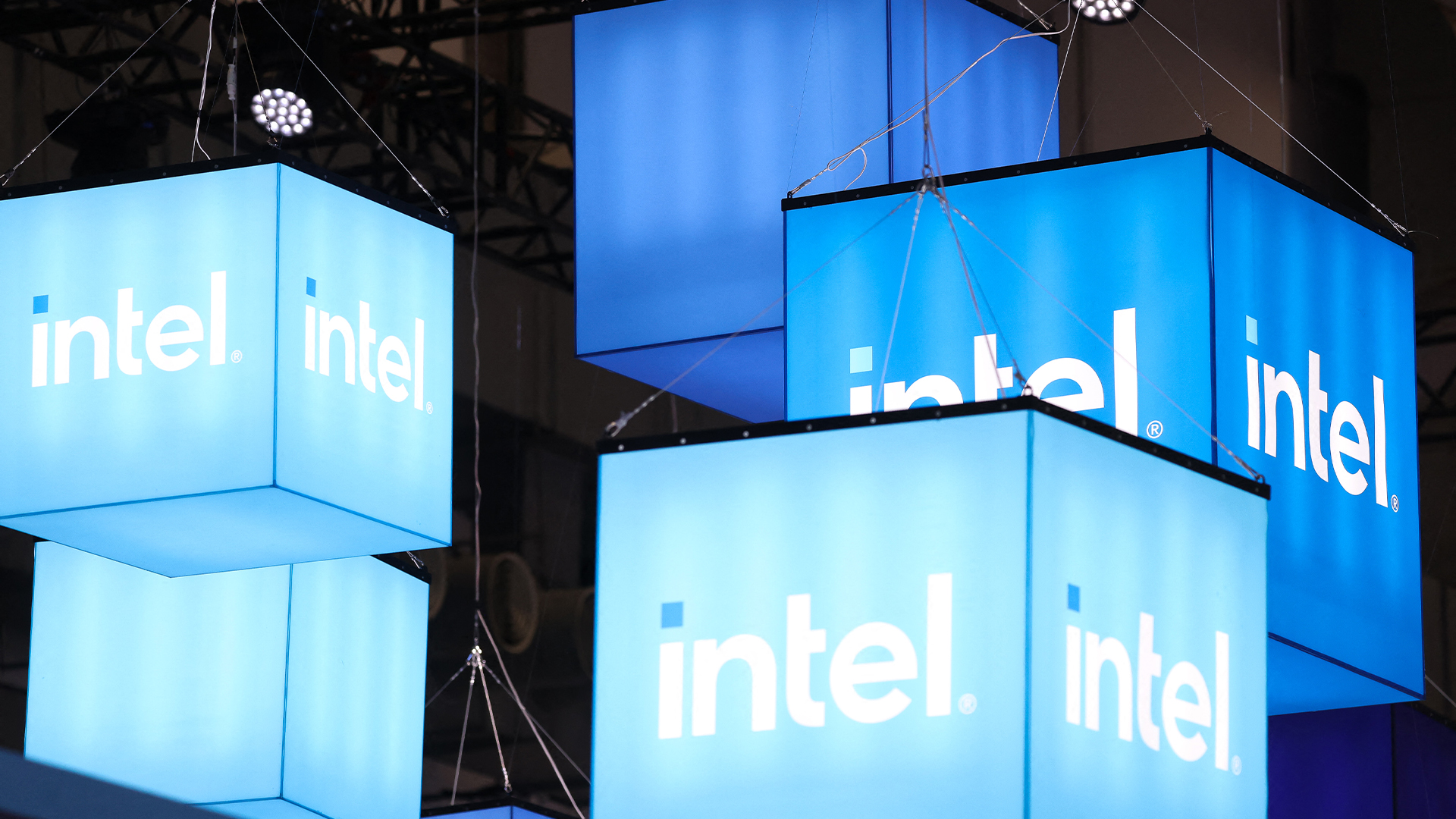 Intel just won a 15-year legal battle against EU
Intel just won a 15-year legal battle against EUNews Ruled to have engaged in anti-competitive practices back in 2009, Intel has finally succeeded in overturning a record fine
By Emma Woollacott Published
-
 AMD and Intel’s new x86 advisory group looks to tackle Arm, but will it succeed?
AMD and Intel’s new x86 advisory group looks to tackle Arm, but will it succeed?News The pair will look to make x86 CPU architecture more interoperable
By George Fitzmaurice Published
-
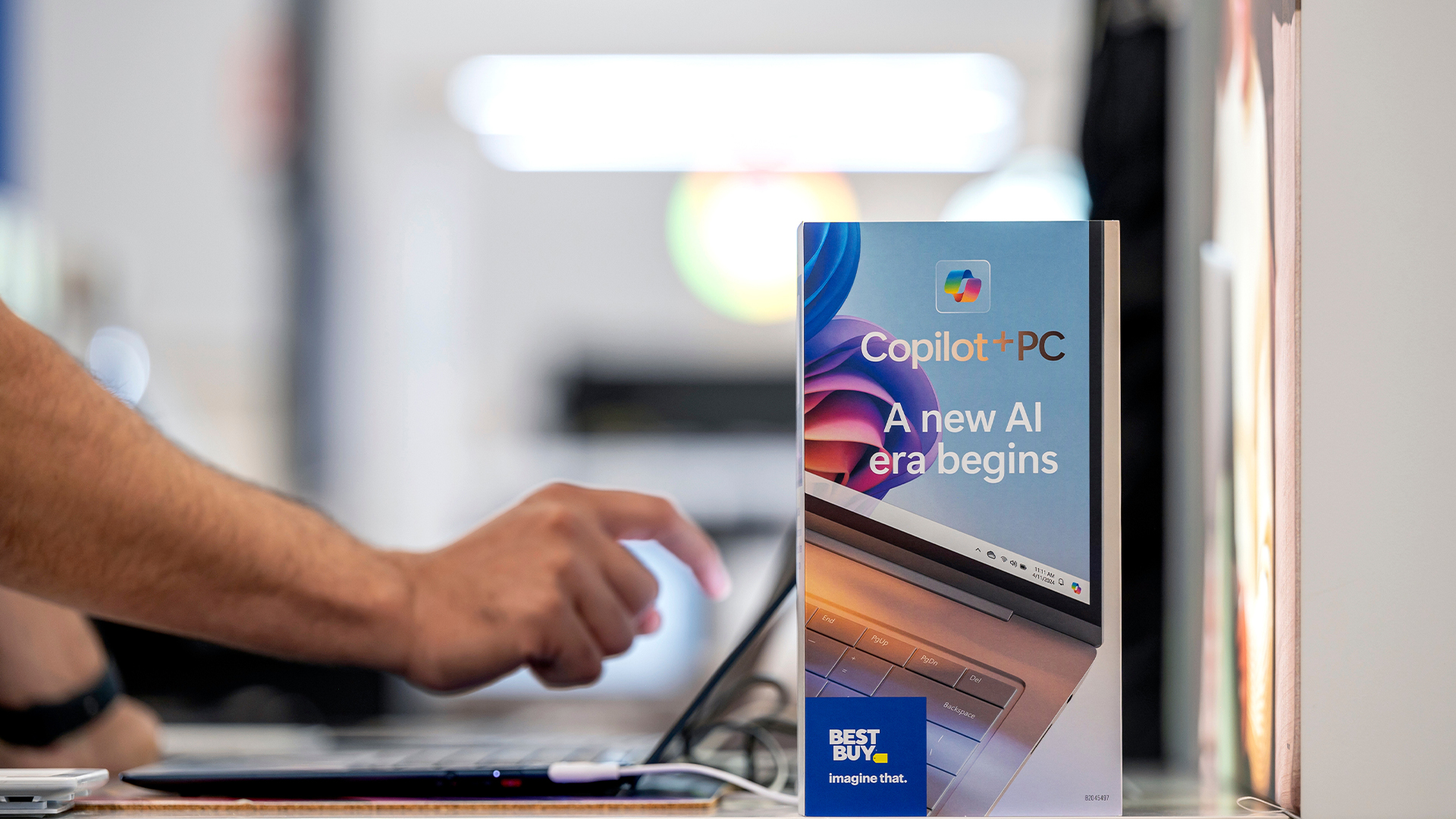 Why the world is about to be swamped with AI PCs
Why the world is about to be swamped with AI PCsNews With adoption rates set to surge, AI PCs will become far more mainstream in years to come
By Nicole Kobie Published
-
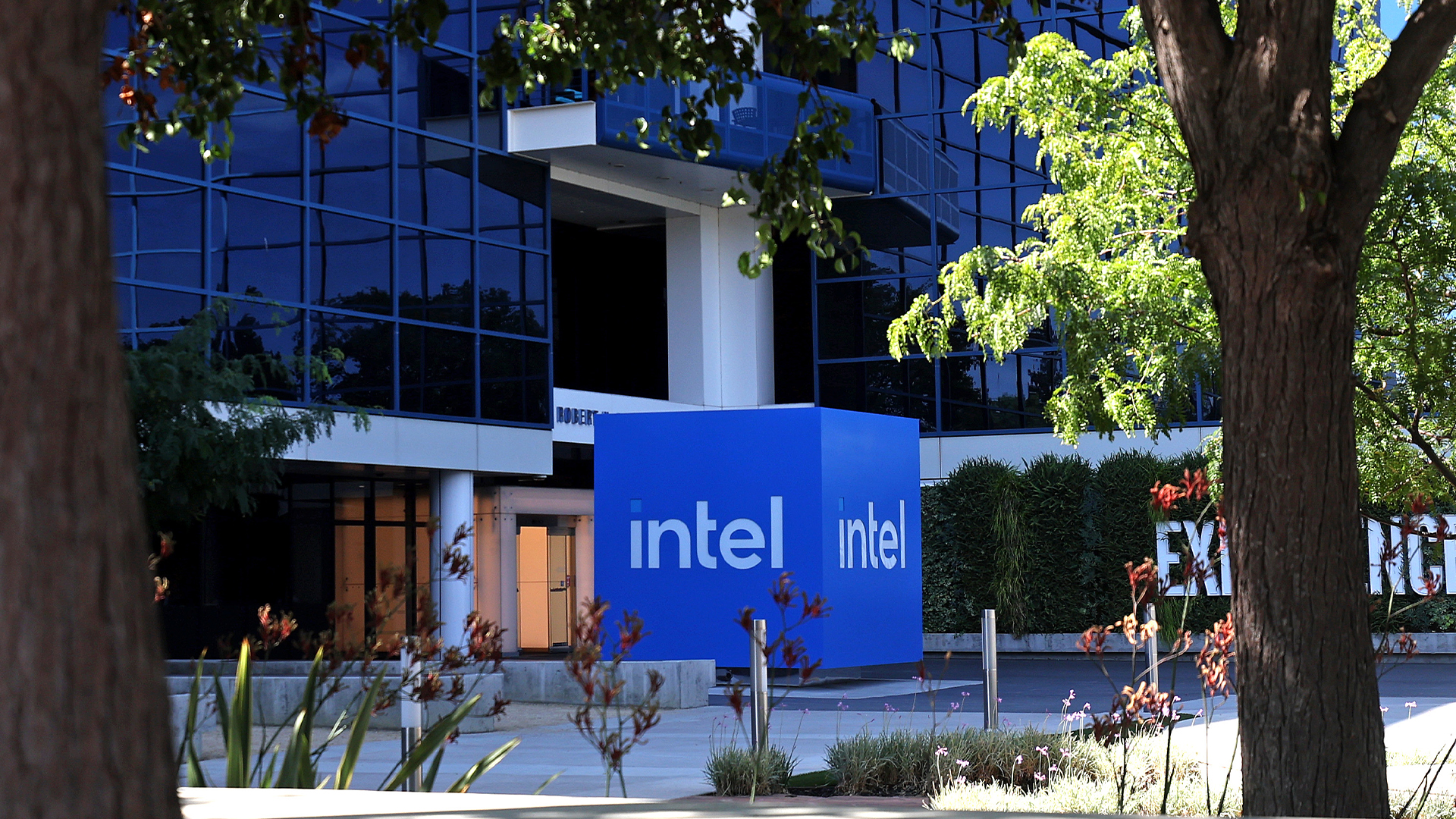 Intel needs to “get its story right” to turn things around and capitalize on the AI boom
Intel needs to “get its story right” to turn things around and capitalize on the AI boomAnalysis Intel has entered a period of uncertainty after announcing restructuring plans and a huge round of layoffs
By George Fitzmaurice Published
-
 How monitors deepen your employee experience and support your distributed workforce
How monitors deepen your employee experience and support your distributed workforcewhitepaper Drive business outcomes by empowering, enabling, and inspiring employees with the right monitors wherever they work from
By ITPro Published
-
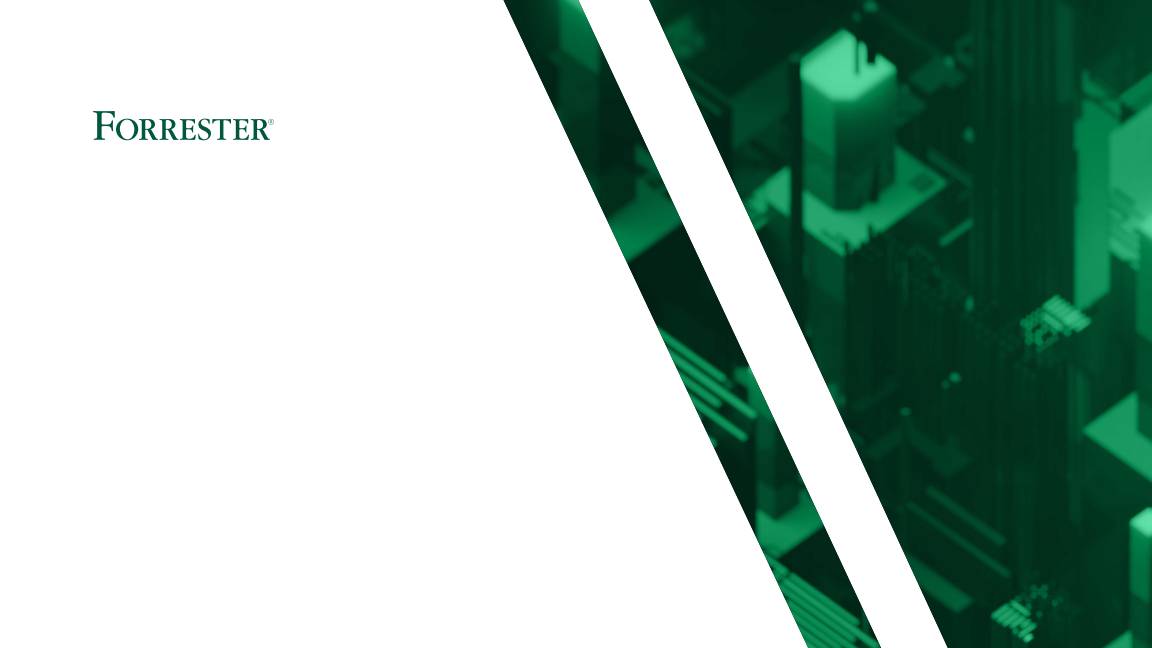 Forrester: Power up your hybrid workplace with monitors
Forrester: Power up your hybrid workplace with monitorswhitepaper Evolve remote work policies into work-and-learn-from-anywhere strategies
By ITPro Published
-
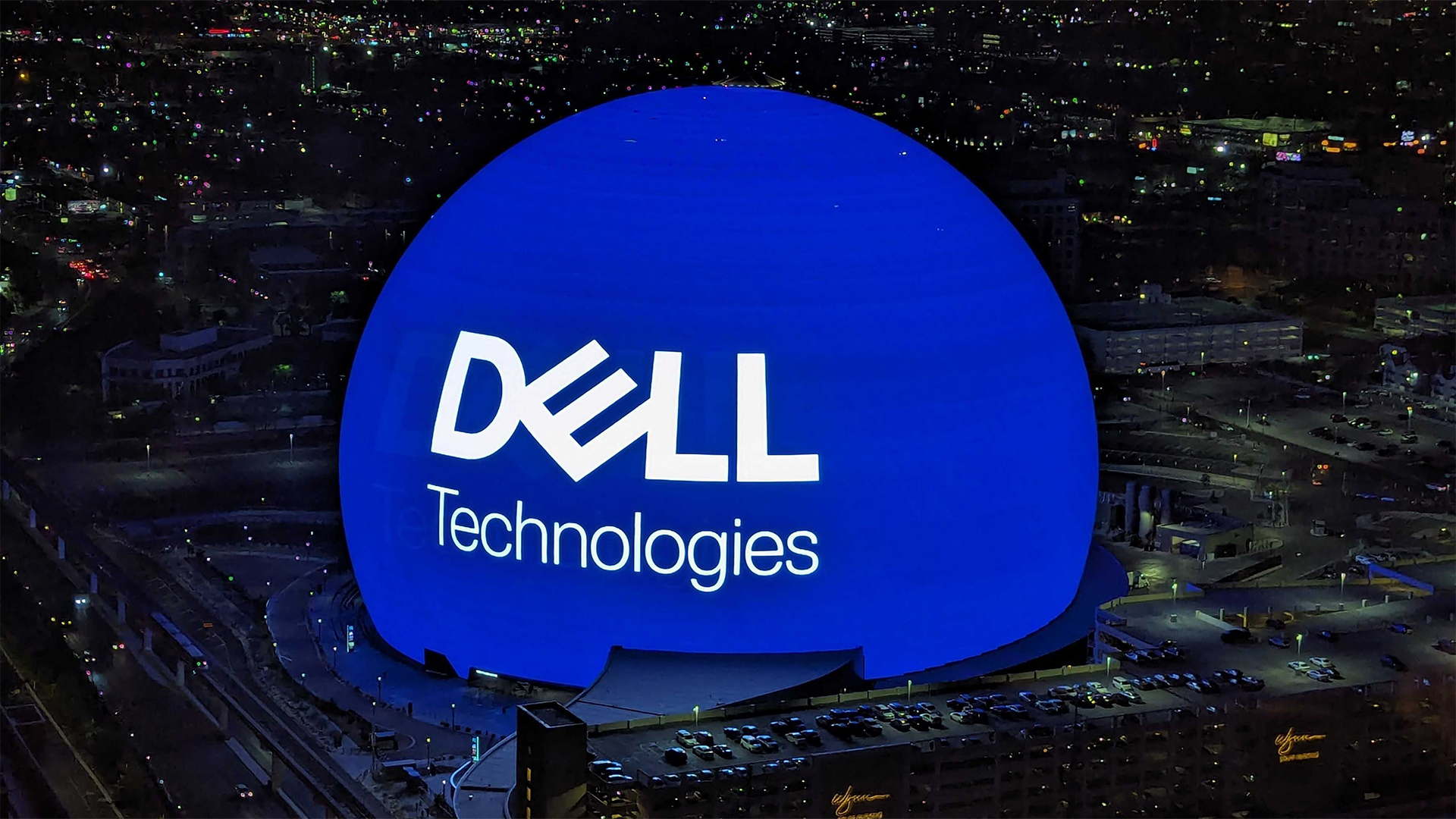 Driving employee experience and productivity across industries
Driving employee experience and productivity across industrieswhitepaper Monitors are an imperative in the hybrid era
By ITPro Published